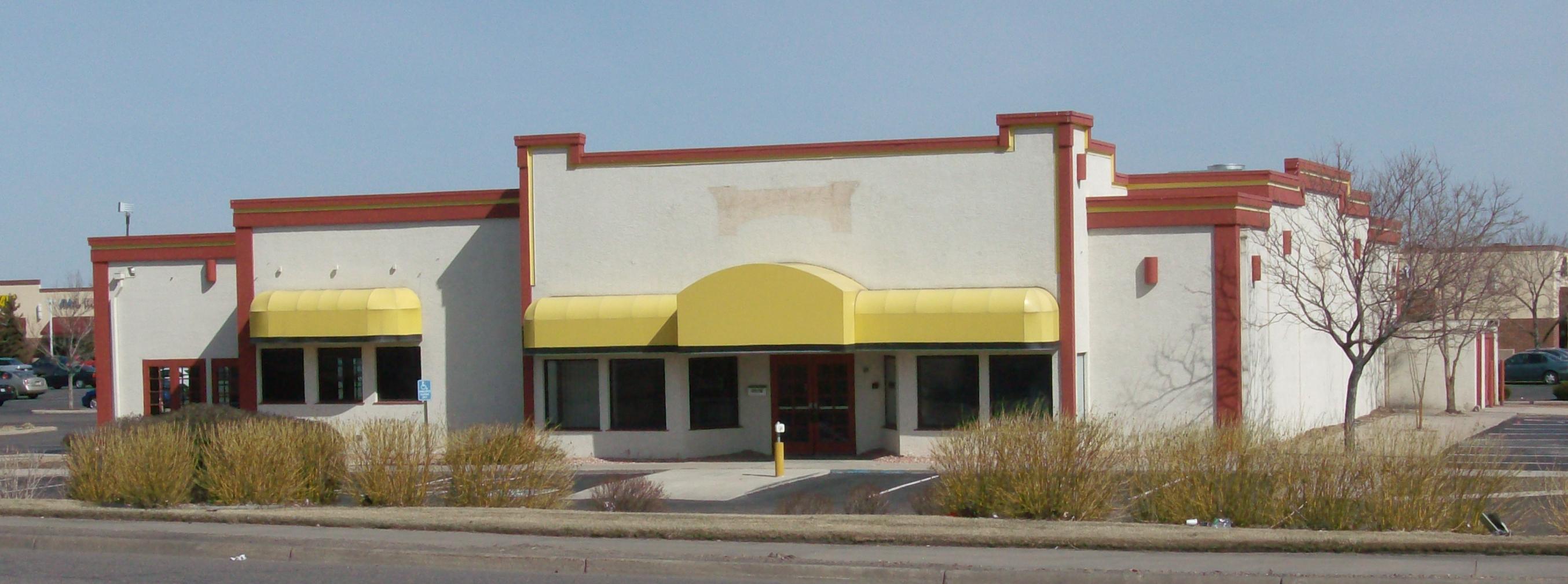
Fuddruckers abruptly closed their Bay Street Emeryville location last Sunday, October 13. The Burger establishment was among the last first generation of food tenants at the shopping center that opened 17 years ago. In addition, Buckhorn grill closed leaving the upper level of the center with a single eating establishment – California Pizza Kitchen.
The shopping center has seen an unfortunate wave or restaurant closures in recent years. Zao Noodle (2010), Asquew (2013), Jody Maroni’s (2014), Elephant Bar (2016), Pasta Pomodora (2017), Rubio’s (2019) and now Buckhorn and Fuddruckers. None of these establishments have had replacement tenants.
Wages, Not Rents to Blame?
The abrupt closure set off speculation that the recent failures were the result of increased rents by Bay Street’s management. Rising Commercial Rents have been a convenient scapegoat for labor activists and their political allies instead of evaluating the entire economic equation.
While Fuddruckers owner George Almeida didn’t deny that rents were high at Bay Street, he affirmed that Mall Management did their best to accommodate them. “I can tell you wholeheartedly, that they’re not institutional guys. They worked with us, but their expenses have gone up too. Additional security, janitorial, landscaping … labor has gone up for everyone.”
Almeida pointed to Emeryville’s highest-in-the-nation $16.30 minimum wage as the biggest culprit. Almeida noted that in his attempts to keep the location profitable, he was forced to raise menu prices 25%, cut staff hours by 33% (from 600 hours per week down to 400) and reduced his menu offerings by half since Emeryville instituted its “living wage” ordinance in 2015.
”When your average employee wage exceeds your average customer expenditure … you’re in trouble. Our PPA (per person average) spending was about $13. When you have X employees making $16 plus an hour and only have 10 customers in that span … it just doesn’t add up.
Prior to Emeryville’s historic minimum wage increase, Fuddruckers employed 17 full-time workers and about 28 total employees. When they shuttered, they were down to about 10 full-time workers and 21 total employees.
Almeida reaffirmed an undeniable economic truism. You charge more for something, you’re likely going to sell less of it. “Every time we’ve raised menu prices, we saw a dip in patronage from our regulars. Unfortunately, that’s just typical consumer behavior.”
Almeida reaffirmed that those hit hardest by the price increases he was forced to pass along were those on limited incomes. “The largest percentage of customer drop has been seniors who can’t supplement their income. Their standard of living has unfortunately been lowered by these price increases.”
Other Bay Area Locations Remain Profitable
Similar to the recent closures of Smashburger and Rubio’s, it was troubling that the Emeryville location closed while others in the area remained open.
Some speculated that this was indicative of an overall decline in the Fuddruckers brand noting the recent closure of the Walnut Creek location that closed after 22 years. Almeida refuted this as well. “Walnut Creek was a very profitable location. We drew a great office crowd during the week, had ample free parking, great egress. We knew that [housing] project was coming seven years ago.”
The Bay Street location was more reliant on movie-goers and shoppers. “At our Bay Street location, there was very little foot traffic Monday through Thursday except for parts of Summer and The Holidays. A bulk of our business was Friday through Sunday.”
Bay Street Renovation to Keep Up with Shifting Business Model
Almeida noted that labor intensive nature businesses like his. “We make our own bread, cut our own fresh produce … it’s going to be hard for a food service business with that model to survive under these conditions.”
With now 100% tenant vacancy, Bay Street recently submitted a permit application to renovate the upstairs landing area. Source have indicated that Bay Street intends to make the area a more open food court area similar to the Public Market. This model is more efficient for tenants as they don’t have to employ bus boys or dishwashers and occupy a smaller footprint.
Almeida thinks higher margin businesses with minimal employees will succeed. “Perhaps a tap room that has 1-2 employees and sells $8 beers.”
Council Regretting 2015 Decision?
Councilmember Dianne Martinez, who was among the five council members that passed the experimental ordinance in 2015, recently supported amending the ordinance citing business failure and job loss (an amendment that would not have applied to Fuddruckers). “What we’re contemplating tonight could be the difference between workers getting a raise, and losing their jobs,” she stated at the May 21st council meeting. The amendment was approved, but ultimately overturned by labor groups through a referendum petition.
As Mayor in 2016, Martinez referred to the ordinance as a “leap of faith” in this Economist article that predicted Emeryville may be the first city to regret passing it.
Restaurant Owners Calling on Local Governments to Help Offset Impacts
Frustrated restaurant owners are more frequently calling on our leaders to take action to help preserve their establishments that heavily contribute to neighborhood vibrancy and character. SF Mission District favorite Dosa proprietor Anjan Mitra cited a litany of businesses pressures for their recent closure including high residential rents for their employees, tech-driven delivery services, inadequate public transportation and SF’s many labor mandates.
Mitra called on the City, State and Federal government to take on a bigger role in helping provide essential services for food service employees like healthcare, paid parental leave and sick leave instead of passing on the burden exclusively to businesses. “San Francisco cannot sustain neighborhood restaurants at affordable prices and still expect the restaurants to pay for everything our employees need,” Mitra concluded. San Francisco’s minimum wage is nearly a dollar less than Emeryville’s at $15.59.
Supporting Higher Wages with your Wallet
Almeida opened his first Fuddruckers franchise along with his wife in 1987. They owned ten locations at one point. “We’ve employed 100’s people and many have gone on to careers as firefighters, police … we really care about the people that have passed through our doors.”
Almeida reaffirmed his desire to pay his employees as much as possible, but that ultimately the burden of higher wages falls on the consumer when local governments mandate increases that don’t necessarily come without the benefit of higher productivity by the employee. “When it comes to paying the price to support higher wages, many people will support it with their voice but not necessarily their pocket books. When it comes to people on fixed incomes, they simply cannot economically support it.”
Written By: Rob Arias
Sourced From: The E’ville Eye
